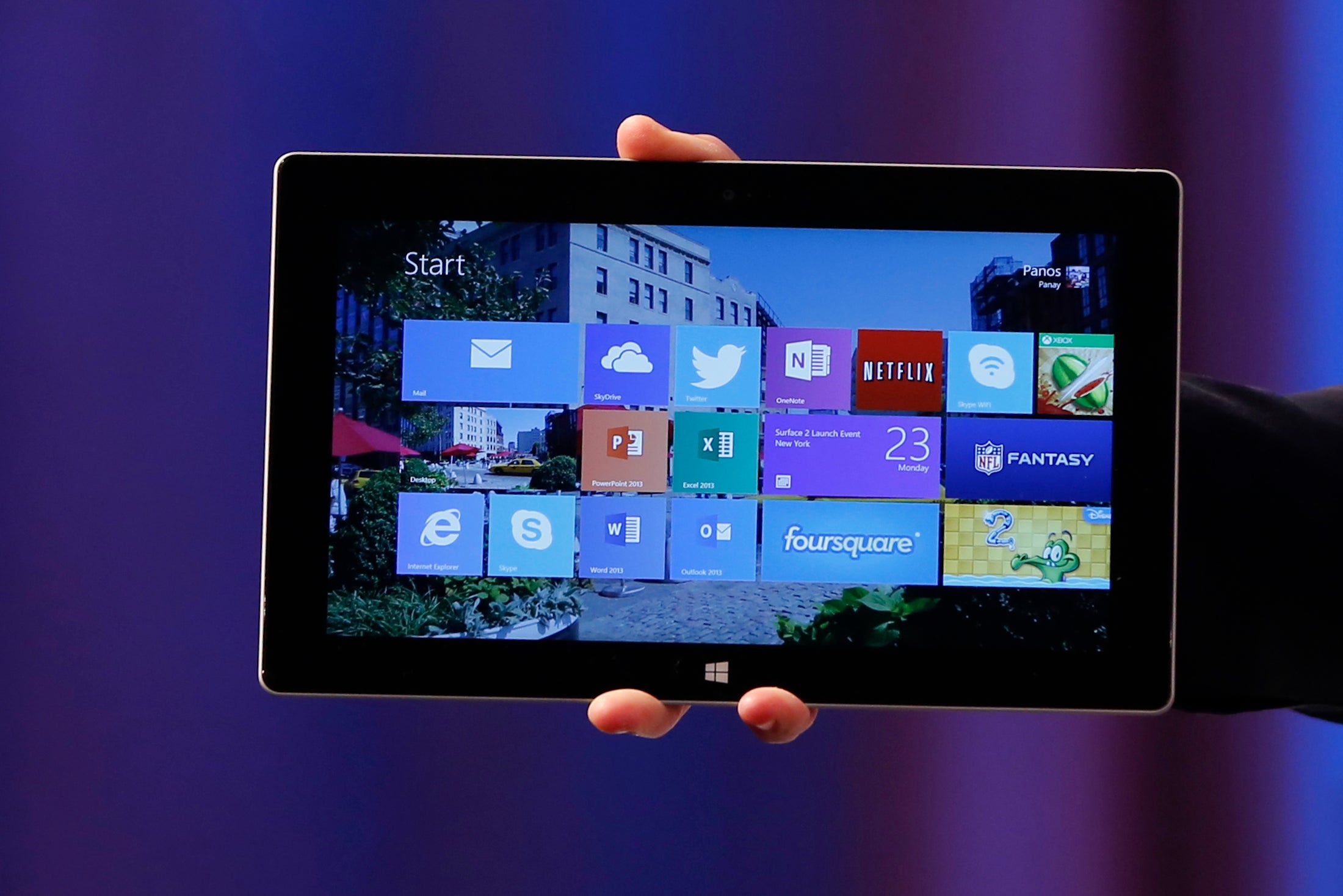Will Microsoft call time on Windows RT?
The three separate strains of Microsoft's latest operating system have confused and angered some consumers

Windows has a problem with fragmentation - and not just when it comes to comparing Windows 8 with older versions. Recent comments made by executive vice president Julie Larson-Green suggest however, that Microsoft is planning to fix this.
Speaking at an investor event, Larson-Green said "We have the Windows Phone OS. We have Windows RT and we have full Windows. We're not going to have three.”
Although the strains listed above are unified by the ‘Metro’ design language (ie, heavy use of tiles and typography that aim to draw attention to content) the confusion caused by Windows RT and the increasing popularity of the Windows Phone platform suggest that these last two platforms might be merged in the future.
Both RT and Windows Phone were designed for mobile devices, with RT built for tablet-sized screens and using a 32-bit architecture for ARM processors. Its design makes for better power efficiency (meaning longer battery life and quieter, cooler devices) but the OS is completely incompatible with previous versions of Windows and can struggle with multi-tasking and process-intensive activities.
Larson-Green defended the operating system, saying that there is “clearly a need for a simplified consumer electronics experience on devices” and compared Windows RT to the experience offered by Apple’s devices:
“So you look at iPad in particular, and it's a turnkey, closed system. It doesn't degrade over time. It doesn't get viruses. It's not as flexible, you can't do as much with it, but it's a more seamless experience, even though more simplified.”
She continued by stressing that Microsoft still believed in a “a world where there is a more mobile operating system that doesn't have the risks to battery life, or the risks to security” but acknowledge this “comes at the cost of flexibility”.
Meanwhile the Windows Phone platform is continuing to grow in a number of positive ways. Reports from market analysts Kantar showed that the OS made up one in ten smartphone purchases between July and September in Europe, and in the UK Windows Phones make up more than 11 per cent of the market.
The full text of Larson-Green’s remarks can be found online here.
Subscribe to Independent Premium to bookmark this article
Want to bookmark your favourite articles and stories to read or reference later? Start your Independent Premium subscription today.

Join our commenting forum
Join thought-provoking conversations, follow other Independent readers and see their replies